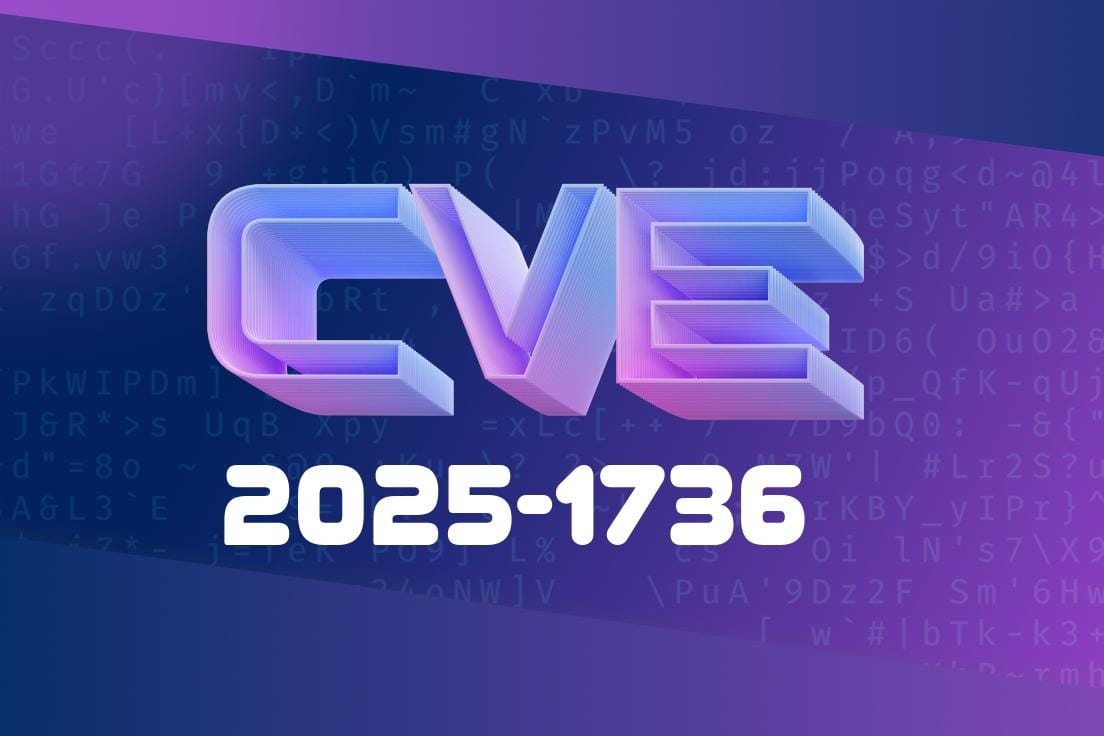In June 2024, a new vulnerability—CVE-2025-1736—was published affecting PHP, the backbone of many web applications. This bug centers around PHP’s handling of HTTP headers when user input is directly passed, which can lead to skipped or altered headers due to improper validation of special characters. The affected versions are:
PHP 8.4.x before 8.4.5
In this post, we break down what this vulnerability means, show real code examples, and offer easy steps to patch your projects.
What’s the Problem With Headers in PHP?
PHP’s header() function lets you send raw HTTP headers. Websites commonly build header values using user data—think custom redirects, file downloads, or authentication. If you don’t clean user input, an attacker can sneak in line endings like \r (carriage return) or \n (newline). These are used by browsers and servers to tell where a header starts and ends.
CVE-2025-1736 happens when PHP doesn’t strictly validate these line breaks—letting malicious headers slip through or causing some headers to vanish. This can lead to HTTP response smuggling or header injection attacks.
Imagine a login system where a user can be redirected to a “next” page after signing in
<?php
// Vulnerable code: do not use
$next = $_GET['next']; // user-supplied
header("Location: $next"); // No validation!
exit;
?>
If an attacker provides this GET parameter
next=https://safe-site.com%d%aSet-Cookie:evil=1
The browser decodes %d%a as \r\n. The sent headers will look like
Location: https://safe-site.com
Set-Cookie: evil=1
The attacker just injected their own cookie—or any other header!
Original References and Security Disclosure
- PHP Changelog
- NVD CVE-2025-1736 entry _(will be populated soon)_
- Security Patch on Github (PHP Source)
How the Patch Works
After the patch, PHP strictly checks that HTTP header values don’t contain \r or \n. If it finds such a character, it stops and throws an error—rather than sending a malformed response.
What changed?
Before the fix:
1. Always Sanitize User Inputs
<?php
$next = $_GET['next'] ?? '/';
$next = str_replace(["\r", "\n"], '', $next); // Remove CR, LF
header("Location: $next");
exit;
?>
Only allow known good values for sensitive outcomes
<?php
$allowed = ['/dashboard', '/profile', '/home'];
$next = in_array($_GET['next'], $allowed) ? $_GET['next'] : '/';
header("Location: $next");
exit;
?>
3. Upgrade PHP
> The safest fix is to upgrade PHP to at least 8.1.32, 8.2.28, 8.3.19, or 8.4.5+.
Conclusion
CVE-2025-1736 shows that small oversights in input validation can give attackers big opportunities. As a developer or sysadmin, be wary whenever using user data with sensitive functions. Always sanitize, validate, and upgrade.
Don’t let a simple newline cost your users’ security.
If you want to dig deeper, the best places to read are the official PHP changelog and NVD for updates.
Timeline
Published on: 03/30/2025 05:49:14 UTC
Last modified on: 11/03/2025 21:18:52 UTC
